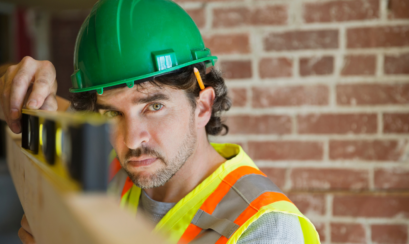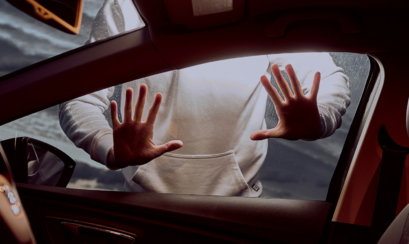When questioned about pool maintenance, many owners might tell you they spend a fair amount of time cleaning and checking chlorine levels. And there ends their responsibility.
Unarguably, an unclean pool is a health hazard. But there is clearly more to pool safety than making sure the water looks inviting.
Proposed new laws, which would affect all pool and spa owners, are the subject of some debate.
The Swimming Pool Act was established in 1992. The key regulation was that all pools and spas be fenced. Since then, the number of child drowning incidents has decreased dramatically.
Clearly a worthwhile move.
But drowning deaths in backyard pools are still too frequent. At the conclusion of a recent investigation into the deaths of 8 children, a NSW coroner made some fairly strong recommendations.
One that has received particular media attention is that a new criminal negligence offence be created in relation to home pool and spa deaths: effectively a manslaughter charge, this would mean that a parent could be held liable for failing to supervise a child, or maintain pool safety standards.
While many would see this as an over-the-top measure, theres a lot to be said for pool owners taking some responsibility. The reality is that once a pool, spa or fence is installed, its often the case that safety standards are never checked again. Theres a tendency to presume everything is OK.
One recommendation is that a centralised register of private pools be set up, and regular safety certification be made a requirement. Like a pink slip for pools.
Digby Dunn of Stacks Law Firm, Forster, who acted for the parents of Shannon Rankin, the young girl who drowned when she was sucked into the main filter on the floor of a spa, believes this idea is outstanding. People should give serious thought before having a pool installed. They must be prepared to take on the responsibility of maintaining it and having regular safety checks.
A simple safety test would have revealed that the spa Shannon died in had blocked plumbing and no kill switch.
Of course, safety checks cost money. Many pool-owners are likely to be resistant.
A further proposal is that fencing for new pools be four-sided, instead of the allowance for a three-sided fence with a house wall as the 4th side.
And on-the-spot fines for pool owners who breach safety regulations could increase. The maximum fine has already increased to $5,500 in NSW.
If nothing else, the pool safety debate serves a useful purpose; raising awareness. While well-maintained fences, gates and filtration systems are important, good old-fashioned supervision cannot be over-emphasised. According to the Royal Life Saving Society, children should be within an arms reach when theyre near water.














